Description
Fair Trade Cooperative: AIPEP
FLO ID# 21893
Bolivia Yungas Mountain coffee originates from the eastern Andes slopes in the Yungas region—specifically around Caranavi, Coroico, and Palos Blancos—at elevations typically between 1200 and 1700m, though the broader region spans 600–2000m. Grown under shade in biodiverse forested terrain with rich volcanic soils and abundant rainfall (1900 mm annually) combined with moderate temperatures (15–25 °C), this environment nurtures dense, slow-maturing Arabica beans.
The principal producer is the Asociación Integral de Productores Ecológicos de Pumiri (AIPEP), a cooperative of 38–64 smallholder families operating since its 2002 founding. Located in Pumiri, Caranavi Province, AIPEP is certified Fair Trade and Organic, structured with robust internal governance and quality control systems. They cultivate varietals such as Typica, Caturra, Catuai, and Pacas.
Processing is largely fully washed; cherries are hand-harvested between October and February, then depulped, fermented, washed, and sun-dried—oftentimes on raised beds—before parchment is hand-sorted to export quality standards. The cooperative maintains a central wet mill and employs Q-graders to ensure traceability and consistency. Cupping profiles are noted for their balance: light to medium body, mild acidity, with tasting notes spanning citrus, almond-toffee, chocolate-malt, dried fruit, caramel, and tobacco—varying by roast level. Yungas lots often score 86–87 SCA points in specialty evaluations.
Historically, Yungas coffee peaked in European markets in the late 19th and early 20th centuries, with production rooted in rustic forests along steep slopes; today it competes in niche specialty segments supported by cooperatives, NGOs, and international buyers. The region faces logistical challenges—such as the treacherous Yungas Road—but programs like “Sol de Mañana” and training initiatives have significantly enhanced yield, quality, and traceability since the 2000s
Coffee Production in Bolivia: A General Overview
Bolivia produces primarily arabica coffee, with major growing regions located in the Yungas and Caranavi provinces. The country’s high elevations (typically 1200–2000 meters above sea level), volcanic soils, and distinct wet and dry seasons create suitable agro-ecological conditions for specialty coffee cultivation.
Coffee is primarily produced by small- to medium-scale farmers, many of whom operate within cooperative structures. Due to land reform in regions such as Caranavi, average farm sizes range from 4 to 8 hectares, allowing for relatively larger plots than in other producing countries. Most producers cultivate Bourbon and Typica varieties, with an increasing presence of Caturra and other improved strains. Farmers typically use organic methods, with limited synthetic input use. Shade-grown systems are common, contributing to biodiversity conservation. Damage to crops from coffee leaf rust (Hemileia vastatrix) and the coffee borer beetle (Hypothenemus hampei) are concerns. Composting and organic amendments are used to improve soil fertility and to meet certification requirements.
Processing is generally decentralized: wet (washed) processing is done on individual farms, followed by sun-drying on patios or raised beds. Once dried, parchment coffee is transported to centralized warehouses and dry mills for hulling, grading, and export preparation. Quality control is typically managed at the cooperative or exporter level.
Bolivian coffee production is heavily oriented toward specialty and certified markets, including Fair Trade, Organic, and Small Producer Symbol (SPP). These certifications enable access to price premiums, which are often reinvested in farm-level inputs and training. The sector is supported by cooperatives, NGOs, and international buyers, focusing on quality improvement, traceability, and sustainable production. Despite a small global production share, Bolivia remains a niche origin in specialty coffee markets.

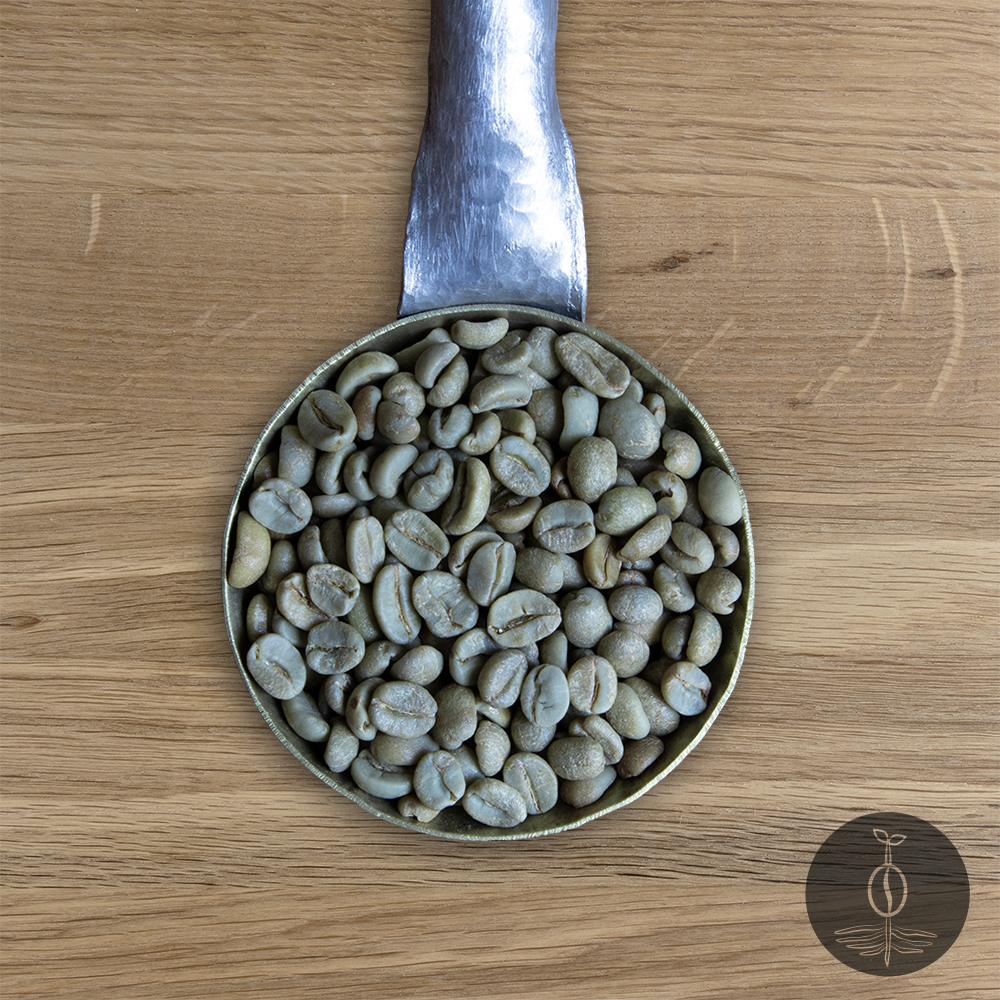
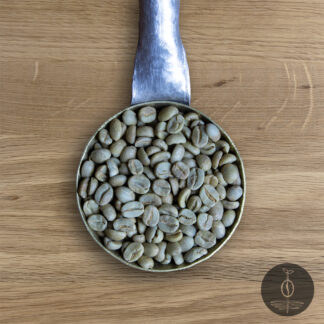
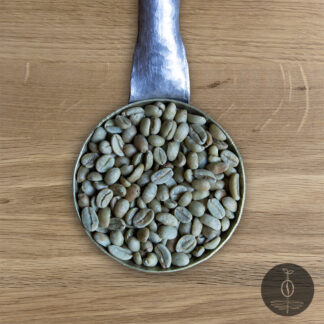
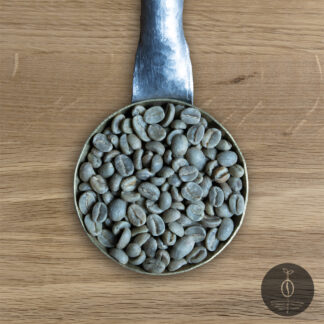
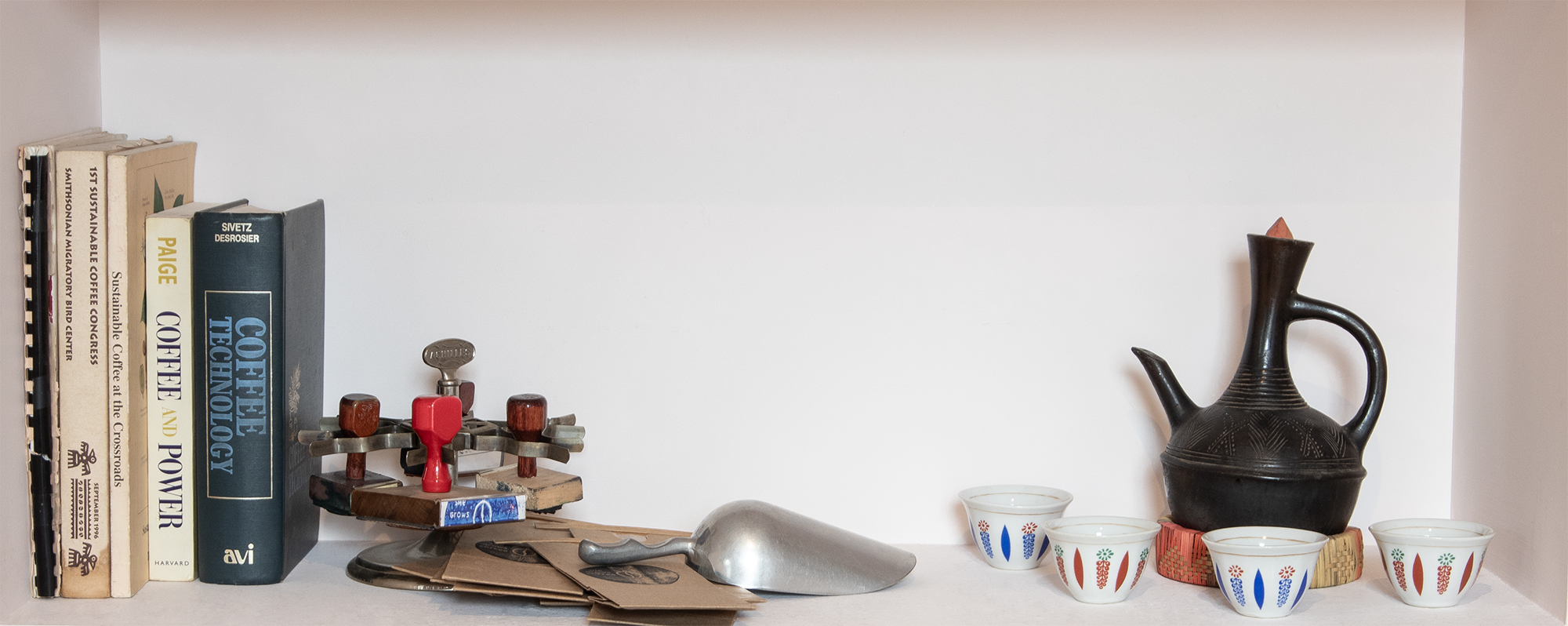
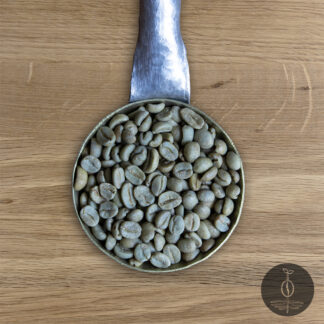
Reviews
There are no reviews yet.